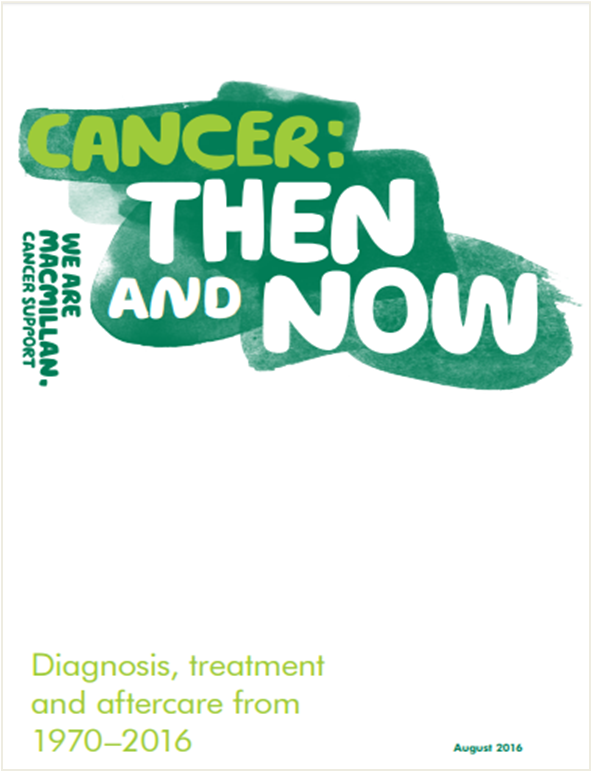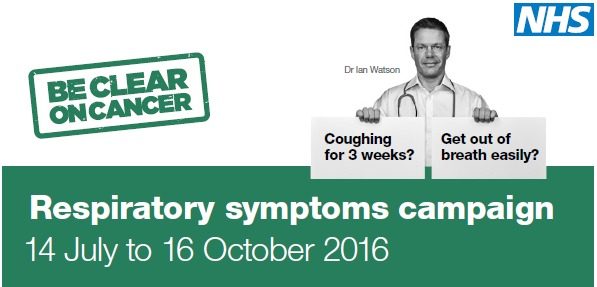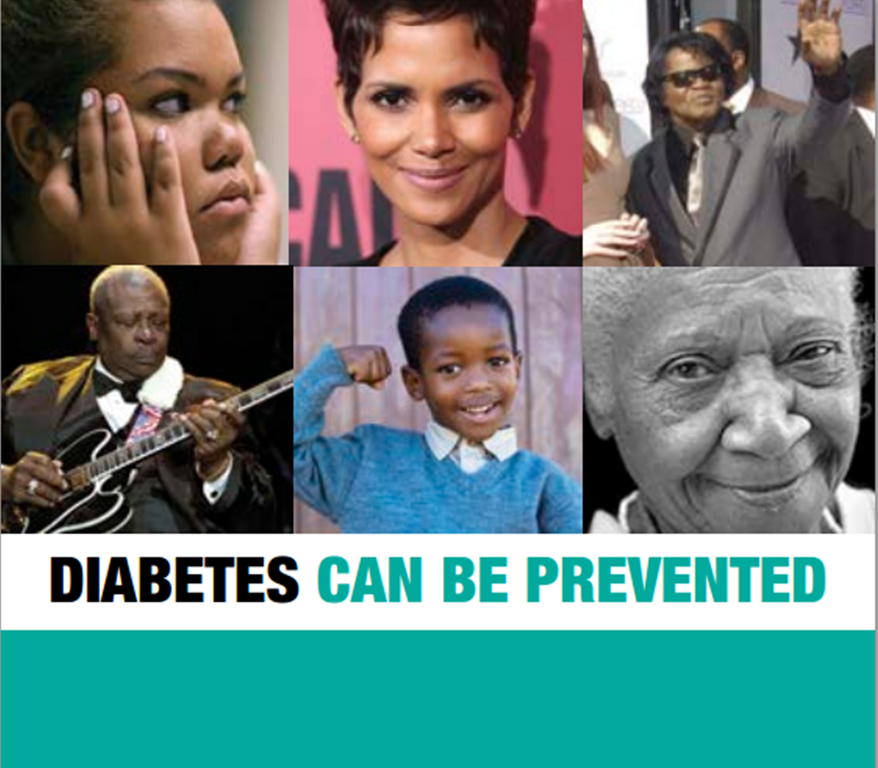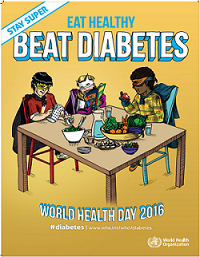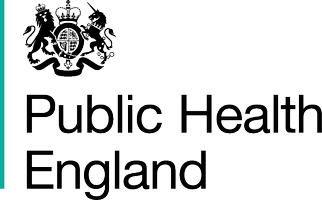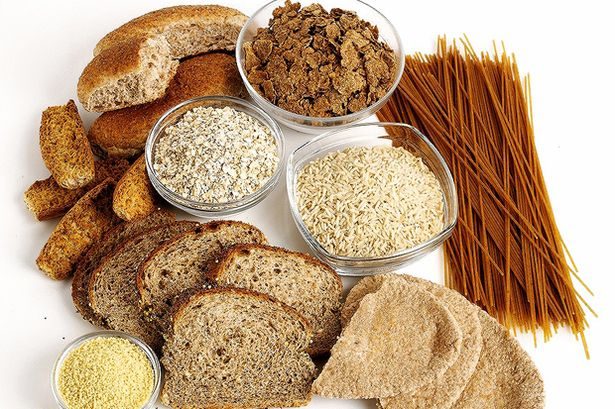New Report, Cancer: Then and Now
This week, Macmillan Cancer Support published their report Cancer: Then and Now. This report looked at diagnosis, treatment and aftercare from 1970 to 2016.
The report revealed that people are twice as likely to survive at least 10 years after being diagnosed with cancer than they were if they were diagnosed at the start of the 1970s. It is thought that this improvement in survival is due to earlier diagnosis and better treatment. Whilst there is good news generally there are some cancers where survival rates are still very low and these include lung and pancreatic cancer. Macmillan states that the survival rates for these two cancers have not changed over the past 30 to 40 years.
When it comes to treatment Macmillan’s report reveals that treatment has improved significantly since the 1970s. Treatments now have a greater precision and are thus more effective. Techniques that are used in surgery, radiotherapy and chemotherapy have been refined so that there are less side effects. In surgery, new techniques that use robotics have allowed previously inoperable tumours to become operable. Radiotherapy has become less crude and new methods can more accurately focus on the cancer. There are more chemotherapy drugs now than ever before and there is a greater understanding of how to manage the side effects. Newer types of treatments have been developed since the 1970s these include biological therapies which use our body’s immune system to target cancer cells.
Whilst Macmillan’s report celebrates the advances in cancer survival they do highlight that the disease continues to be very devastating affecting a person long after their treatment comes to an end. Many people will experience long-term side effects such as chronic fatigue, incontinence, disability and general poor health. Thus the need for an effective after-care plan.
When comparing after-care over the last 30 to 40 years, Macmillan’s report explains that in the 1970s and 80s support for patients wasn’t commonplace. Now there are several organisations that offer comprehensive cancer support programmes ensuring that patients are catered for and their needs are met.
Finally, Macmillan’s report looked at end of life care and how that has changed over the years. They state that in the 70s end of life care lacked planning and expertise, but this area has now become a “highly developed field of practice that increasingly puts the patient’s needs and compassion at its heart”
This report was very interesting highlighting the progress that has been made in the treatment, diagnosis and support provided to patients.
The Lake Foundation has been playing its little part through its cancer support group. For more information about our support group please email us
You can download Macmillan’s report below.







